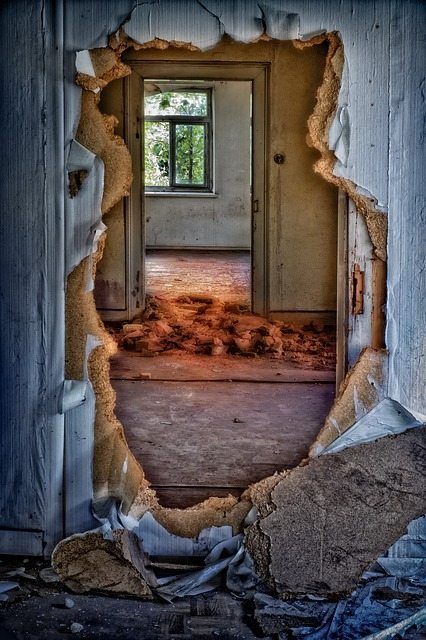When an entity that is exempt from providing the South Carolina Seller Disclosure Form learns of a latent defect or damage in the house, does that entity now have a duty to disclose the defect or damage to a potential buyer? The short answer is, Yes. Here is why.
As you will recall from our February 5, 2016, February 12, 2016, and April 28, 2016 posts, several entities are exempt from providing the South Carolina Seller Disclosure Form. Those exemptions are set forth in SC Code §27-50-30 and include the federal government, state government, REOs and fiduciaries, to name a few. Once the entity meets the exemption that entity remains exempt from providing the Seller Disclosure form even if information that is later acquired points to a defect or issue.
The obligations of providing the Seller Disclosure Form, however, is different from the real estate agent’s duty to disclose “Material Adverse Facts” as set forth in SC Code §40-57-30(16). In this section “material adverse facts” are defined as:
(i) significantly and adversely affecting the value of the real estate;
(ii) significantly reducing the structural integrity of improvements to real estate; or
(iii) presenting a significant health risk to occupants of the real estate.
In section 40-57-350(E)(1)(b)(iii) the statute holds that a real estate licensee must disclose to the buyer all material adverse facts concerning the transaction which are actually known to the licensee. Therefore, while the seller may be exempt from providing the Seller Disclosure Form, once the listing agent learns of a latent defect that affects the value, structure or health of the occupant, the listing agent must disclose the material adverse fact to a potential buyer. A real estate licensee cannot ignore this statutory duty because the seller instructs them not to disclose or claims they are exempt from disclosing under the Seller Disclosure Form. The licensee must follow the statute. If the items falls within the definition above then the real estate agent must disclose or face possible punishment from the Real Estate Commission as well as civil liability.
Historic Facts of Columbia: The Woodrow Wilson Boyhood Home is located at 1705 Hampton Street. The house is South Carolina’s only presidential site. Wilson lived in Columbia from 1870 to 1874 when his father was an instructor at the Presbyterian Theological Seminary. The Victorian-style home was built in 1872 and contains many of the family’s original furnishings including marble mantles, a family bible, and even the bed Wilson was born in. The magnolia trees in the garden were planted by Wilson’s mother and still bloom every year. To tour the 28th President’s home, visit the Robert Mills Welcome Center.
Don’t forget to register for MCE/CE Classes at Blaircato.com.

